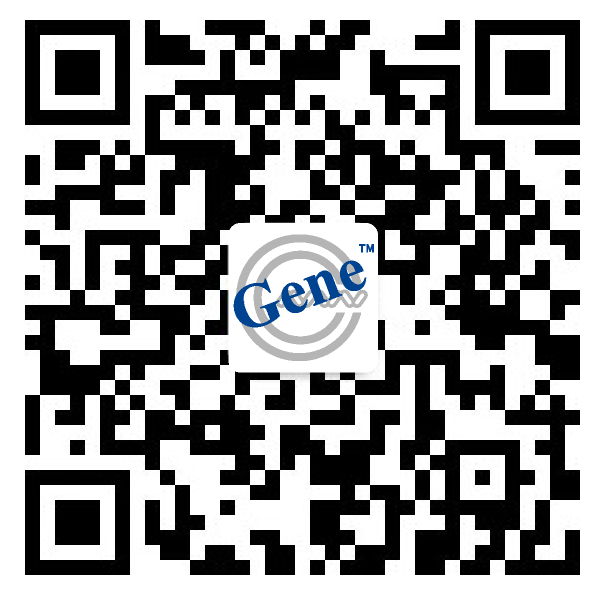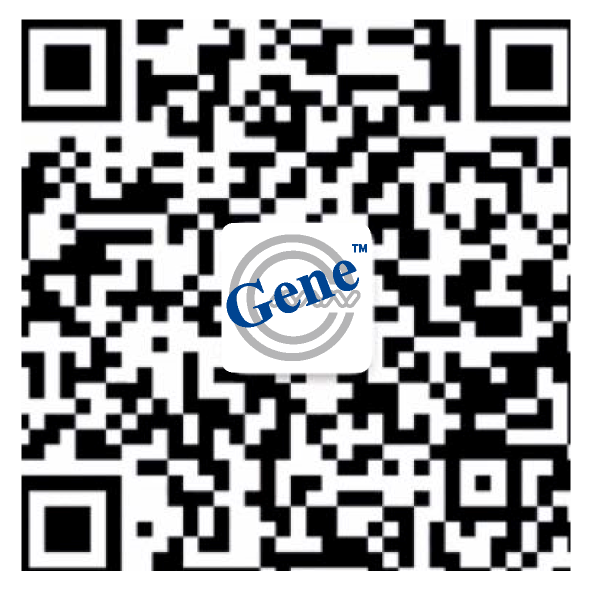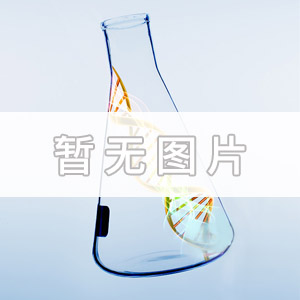详细描述:
TNF is secreted by macrophages, monocytes, neutrophils, T-cells, NK-cells following their stimulation by bacterial LPS. The synthesis of TNF-ɲis induced by many different stimuli including interferons, IL2 and GM-CSF. It is a potent lymphoid factor which exerts cytotoxic effects on a wide range of tumor cells and certain other target cells. The clinical use of the potent anti-tumor activity of TNF-ɲhas been limited by the proinflammatory side effects including fever, dose-limiting hypotension, hepatotoxicity, intravascular thrombosis and hemorrhage. Thus, designing clinically applicable TNF-ɲmutants with low systemic toxicity ha been of great pharmacological interest. Human TNF-ɲ͕which only binds to the murine TNF-R55, exhibits retained anti-tumor activity and reduced systemic toxicity in mice compared with the murine TNF-ɲ͘Based on these results, many TNF-ɲmutants that selectively bind to TNF-R55 have been designed. These mutants displayed cytotoxic activities on tumor cell lines in vitro and exhibited lower systemic toxicity in vivo. Compared with the wild-type, recombinant human TNF-alpha Variant/Mutant has an amino acid sequence deletion from a.a. 1-7, and the following a.a. substitutes Arg8, Lys9, Arg10 and Phe157. It is proven to have more activity and less inflammatory side effects in vivo. Recombinant Human TNF-ɲVariant produced in E. coli is a single, non-glycosylated polypeptide chain of 151 amino acids and a molecular mass of 16598 Dalton.



